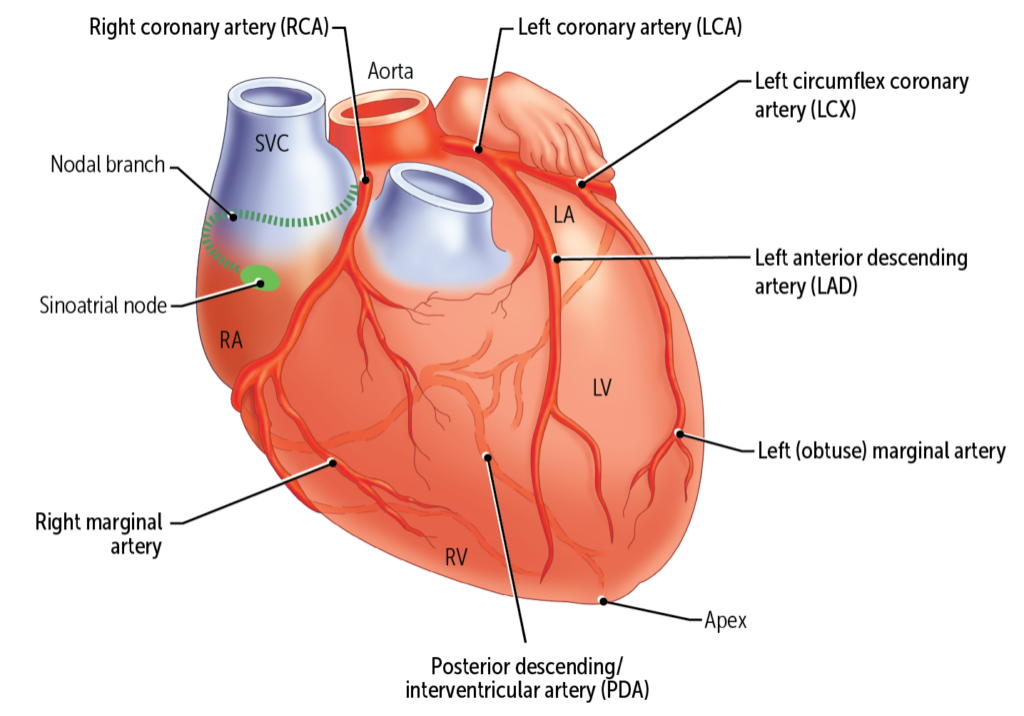Substance use disorder (SUD) refers to a pattern of substance use—be it nicotine, cannabis, cocaine, or something else—that causes significant impairment or distress to the user. SUD is prevalent and growing in the United States and around the world. People of any age may be at risk for developing a substance use disorder. But exposure to and experimentation with alcohol and drugs usually begins in early adolescence. Many adolescents experiment with substances and then taper down or stop using them. Others continue to advance their drug use, leading to a diagnosable substance use disorder with negative health and social consequences.
The Diagnostic and Statistical Manual of Mental Disorders (fifth edition; DSM-5) is the widely accepted and respected guide to diagnosing psychiatric disorders in the United States. Substance abuse has been recognized in the DSM-5 as a mental health disorder for many years. The manual no longer describes substance abuse and dependence separately but instead globally uses substance use disorder with specifiers to determine the severity of the use.
After listening to this AudioBrick, you should be able to:
- Define and explain the essential features of substance use disorders.
- Describe the epidemiology of substance use disorders.
- Explain how the reward pathway in the brain is involved in the development of substance use disorders, and describe how the brain changes during active use and recovery.
- Describe the evidence-based assessments and treatment approaches for substance use disorders.
If you haven’t subscribed to the Rx Bricks Podcast, we suggest you do it today!
Head to the homepage for the Rx Bricks Podcast to hear the full episode and subscribe so that you’re notified when the next one drops.




